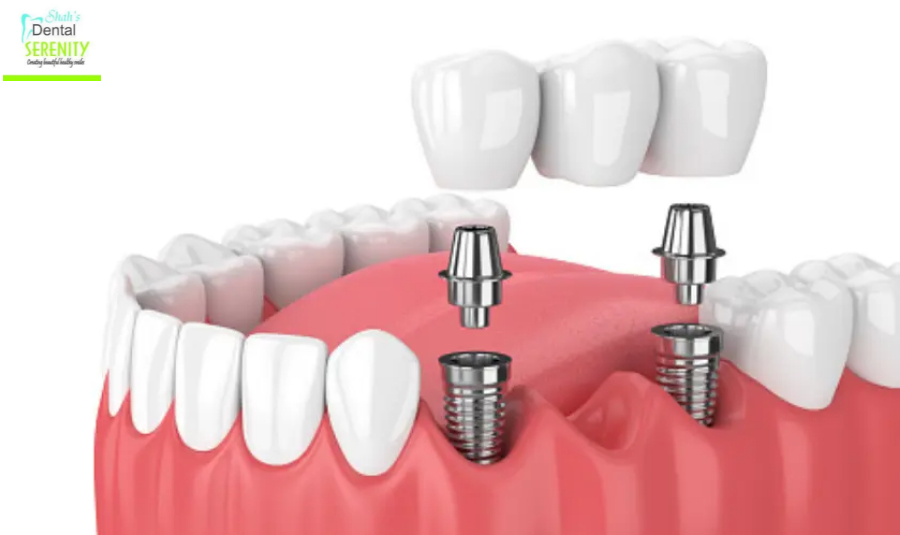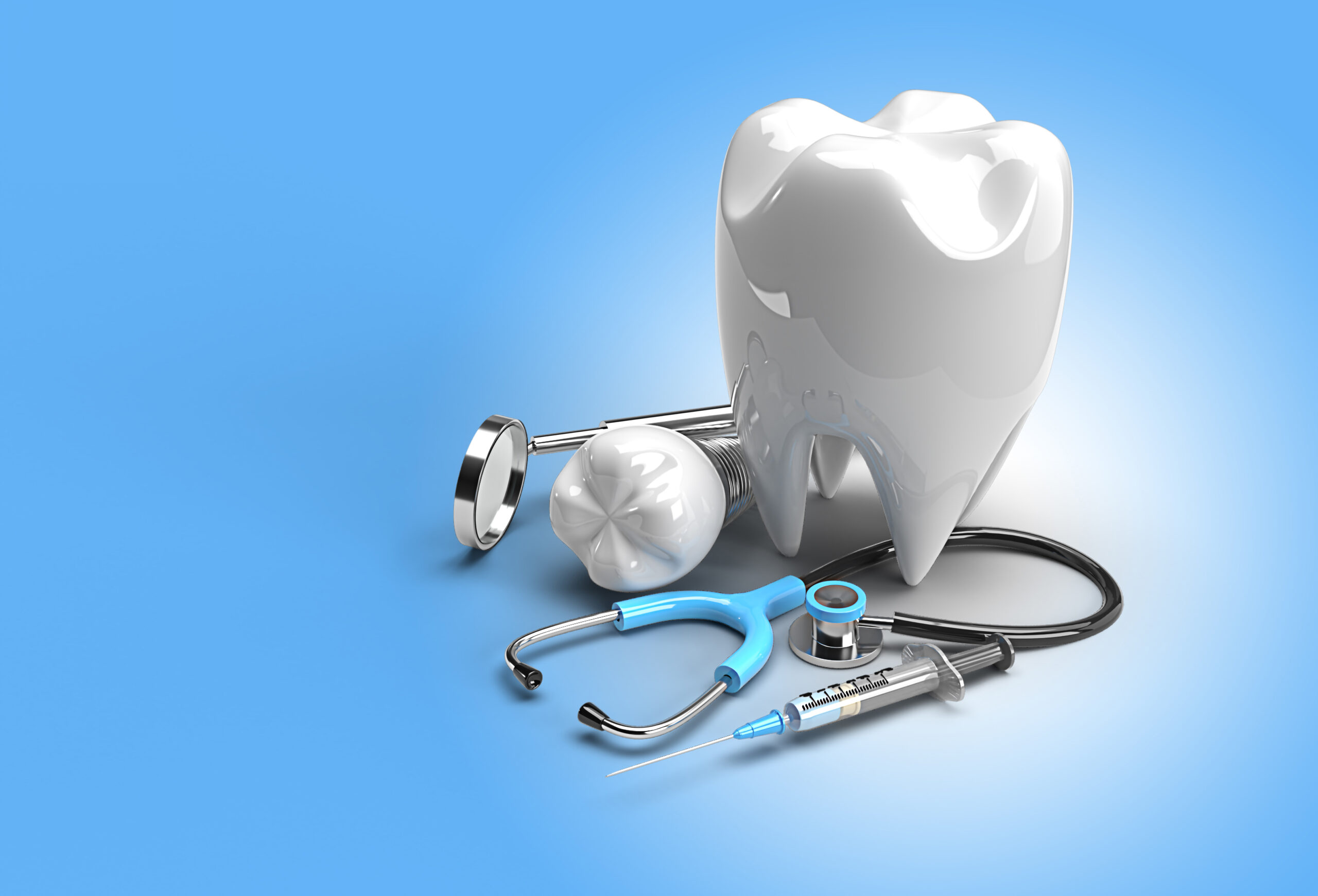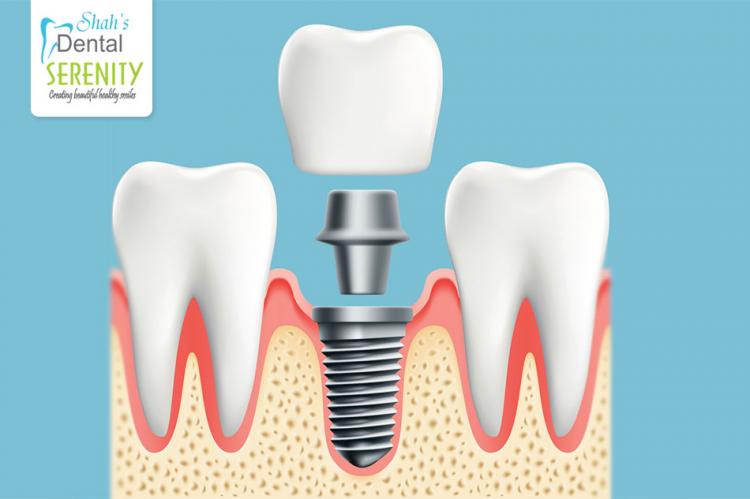The loss of one or more teeth can be nothing short of concerning, and unless the loss was caused by injury, it could indicate serious gum disease and underlying bone deterioration.
If dental trauma is the cause of tooth loss, an emergency visit to the dentist to evaluate the gums and nearby teeth is highly recommended.
Depending on your specific circumstances, your dentist may recommend one of two tooth replacement options:
- A Fixed Dental Bridge
- A Dental Implant
Dental Bridges To Replace Missing Teeth
A dental bridge consists of an artificial tooth (bridge) with crowns on each side that are attached to healthy teeth adjacent to the missing tooth.
A bridge can also replace two missing teeth next to each other with two intermediate ones instead of one. This method only replaces the top of the missing tooth and not the root.
The Problem of Fixed Dental Bridges
A fixed dental bridge’s main drawback is that it only addresses half of the issue. The underlying bone is deprived of the regular stimulation it need to be healthy when the tooth root is not replaced.
The root of a missing tooth is the main cause of resorption, which causes the bone to lose density and shrink. Resorption can lead to further tooth loss and thinning of the jaw and facial contours.
You may have seen this result on the faces and minds of denture wearers with a prematurely aged appearance.
Dental Implants For The Complete and Lasting Replacement of Teeth
Dental implants restore the entire tooth structure, including the root and crown. It is a more extensive procedure than a dental bridge, but offers greater benefits. These include:
- Stimulate The Underlying Bone To Prevent Resorption.
- Resemble and Feel Like A Natural Tooth of Yours.
- Provide Reliable Stability So You Can Eat With Confidence.
- Long Lasting With Proper Care.
- A Row of Three or Four Missing Teeth Supported (with Two Implants).
How Do Dental Implants Work?
The procedures required to receive dental implants and the time it takes depend on the current condition of the gums and underlying bone.
Often tooth loss is due to periodontitis (advanced gum disease) and the resorption process has already begun.
In these cases, before the implants can be placed in the jawbone, the patient will need to undergo bone grafting and the gums will need regenerative therapy. Once the jaw bone and soft tissue are strong enough, titanium pins are screwed into the jaw bone to replace the roots of the missing teeth.
It can take several weeks for the posts to fuse with the bone, after which a crown (to match the existing teeth) is attached to the implant. The end result is a long-lasting restoration that functions and feels like your natural teeth.
When Gum Disease Is The Cause of Tooth Loss
When your tooth has become loose over time and required extraction (if it didn’t fall out on its own), or if you have multiple loose teeth in the absence of trauma, advanced gum disease is the most likely cause.
Your dentist will examine your remaining teeth and determine if they are healthy enough to support a bridge to replace the missing tooth. You will most likely need treatment to strengthen your teeth, gums, and jaw before a bridge or dental implant can be placed.
Dental implants are highly recommended in these cases to help maintain bone density after treatment, which will likely include bone and soft tissue grafts.
Dental Implants In Mumbai, India
Dr. Adit Shah is a world-renowned dentist who offers high-quality dental implants at his luxury practice in Mumbai and is currently accepting new patients. If you have missing or loose teeth, don’t wait! Call Dr. Shah today to schedule your appointment or scroll down to Leave a reply online.






